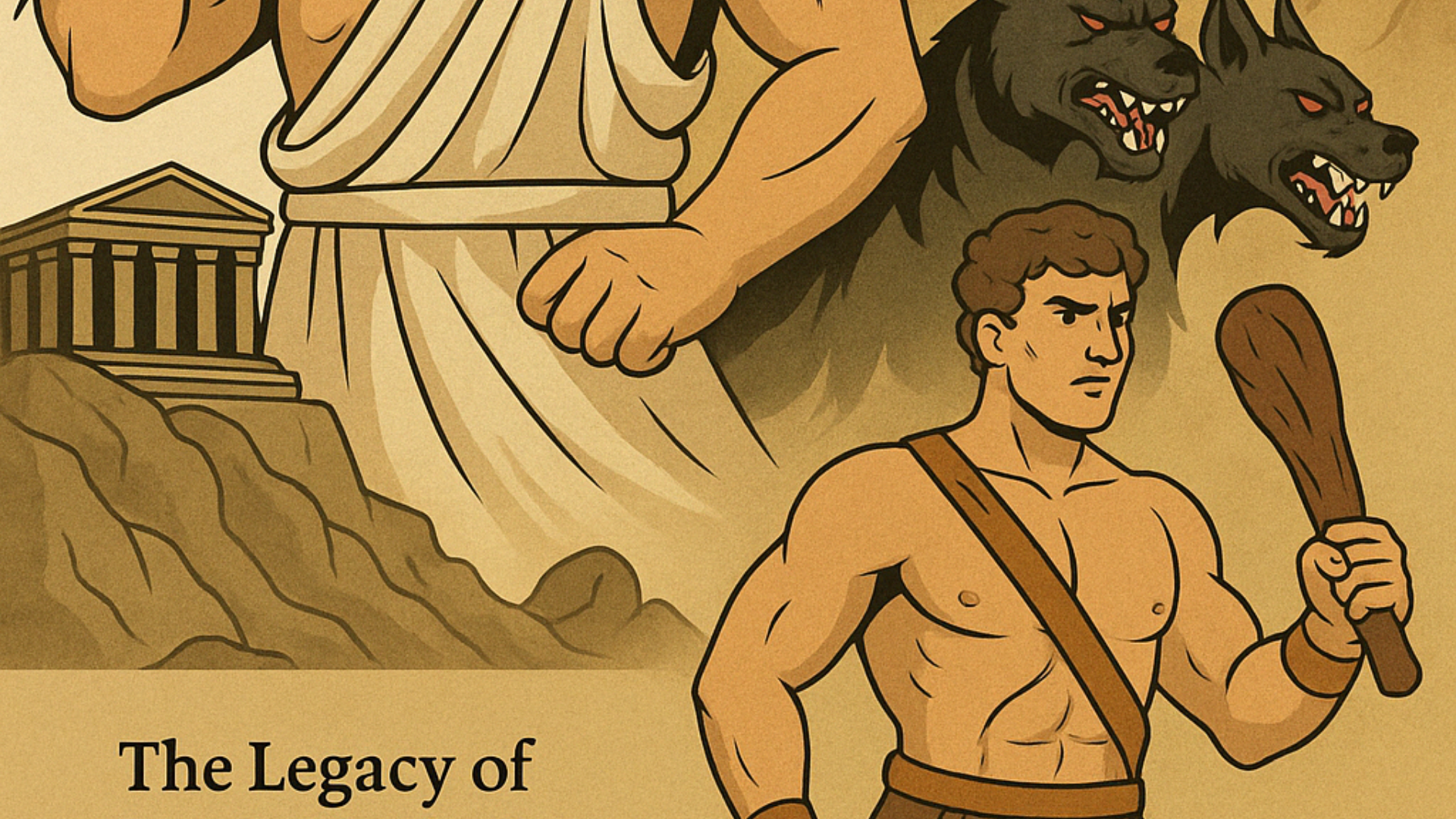
Meta Description:
Explore the epic world of Greek Myth —gods, heroes, myths, and monsters that shaped ancient Greece’s legacy and modern storytelling.
Keyword
-
Greek
-
Mythology 6
Synonym
-
Greece: 6
-
Myth: 8
External Links: 10 (but 4 with Keyword)
Greek Mythology is a foundational pillar of Western storytelling, filled with legendary tales of gods, mortals, monsters, and moral lessons. Rooted in the culture of ancient Greece, these myths not only explained the natural world but also shaped politics, philosophy, and daily life.
From divine drama on Mount Olympus to tragic heroism on the battlefield, Greek myths endure because they’re deeply human—flawed gods, passionate lovers, cunning tricksters.
Major Gods and Their Domains
The Greek pantheon was ruled by twelve Olympians, each symbolizing a force of nature or aspect of life:
-
Zeus: King of the gods, ruling thunder and justice.
-
Athena: Goddess of wisdom, war strategy, and arts. Read about Athena
-
Apollo: The god of music, prophecy, and healing.
-
Hades: Ruler of the underworld and death, not to be confused with evil. Learn about Hades
These gods often clashed, loved, and meddled in human affairs—making Greek Mythology endlessly dramatic.
The Creation Myth of Greece
Like many ancient cultures, Greece had its own creation myth. In the beginning, there was Chaos—a void. From it came Gaia (Earth), Uranus (Sky), and Eros (Love).
The Titans ruled first, until Zeus overthrew his father Cronus, beginning the age of Olympians. This cosmic power struggle reflected real-life themes of generational shifts and rebellion. See Greek Creation Myths

Heroes, Mortals, and Monsters
The myth of Heracles, known for his twelve labors, showed how even demigods suffered trials. Odysseus, the clever king of Ithaca, outwitted gods and monsters alike during his legendary return home. Explore Heracles
Creatures like the Minotaur, Medusa, and Hydra haunted Greek myths—embodying fear, power, and mystery.
Greek Mythology in Culture
Influence on Modern Life
Greek Mythology continues to influence modern Greece and global culture—through literature, psychology (think: Oedipus complex), movies, and even brand names like Nike and Pandora.
Ritual and Worship
Temples, festivals, and oracles (like Delphi) were core to Greek religious practice. Myth wasn’t separate from daily life—it was integrated into law, politics, and the arts. Learn about Greek Religion
Conclusion
Greek Mythology offers timeless tales of love, war, betrayal, and destiny. These myths reveal the hopes and flaws of both gods and humans—and continue to shape our collective imagination.
